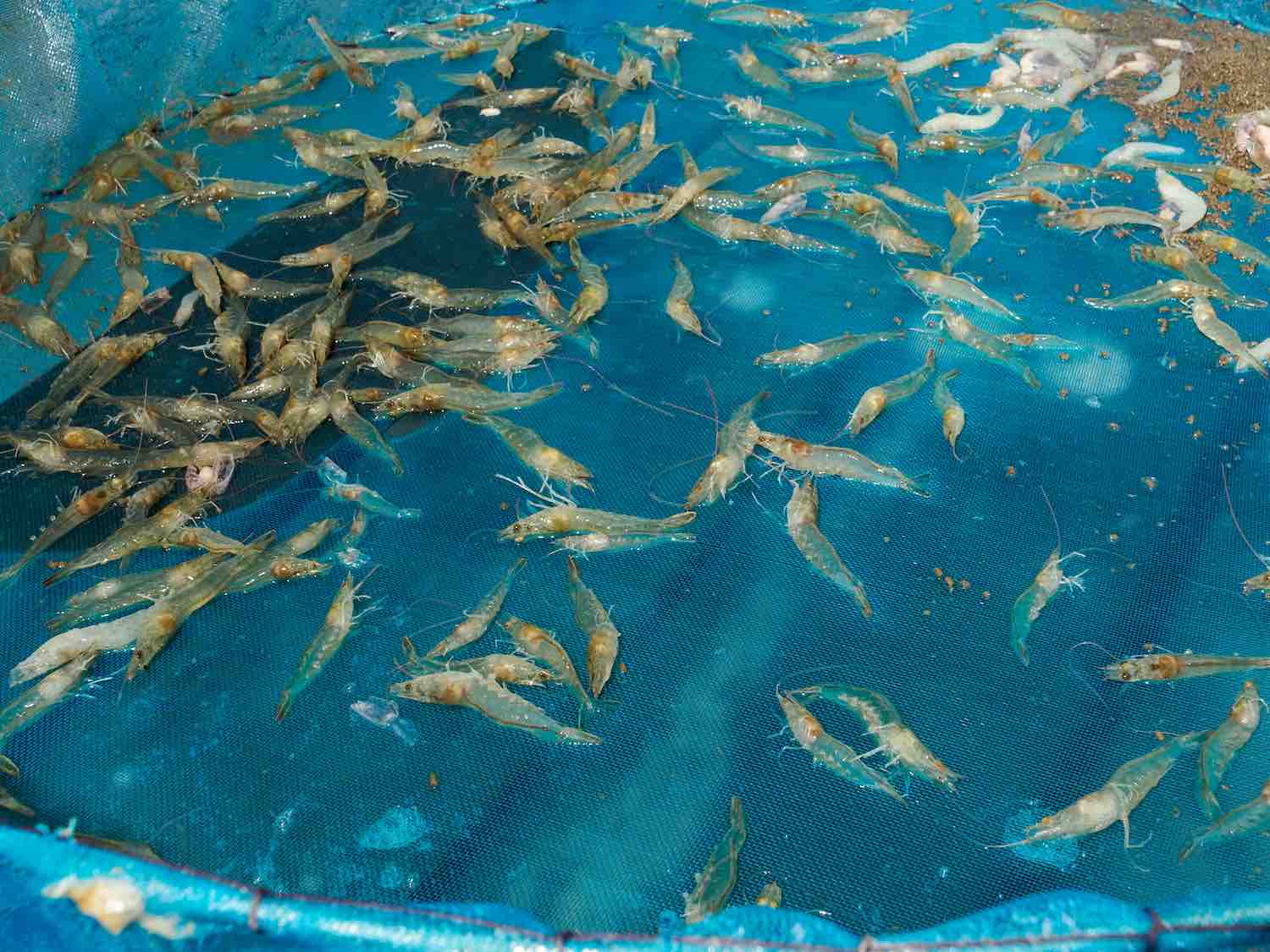ImpactAlpha, Oct. 3 – Climate finance is flowing, but persistent gaps remain, especially in developing nations. Creative solutions are needed to unlock private capital for climate mitigation and adaptation in these markets.
That’s reflected in the financial instruments developed by this year’s participants in the Global Innovation Lab for Climate Finance. The projects target interventions ranging from ensuring affordable, green housing for the growing populations of Africa and Asia, to decarbonizing steel production in India, to encouraging sustainable shrimp farming to meet rising global demand.
Together, the seven projects aim to unlock $1 billion for climate action through the use of guarantees, alternative credit scoring, insurance, technical assistance and other creative tools.
“Tackling difficult challenges in the climate finance space is our raison d’être,” the Lab’s Ben Broché told ImpactAlpha.
The Lab, managed by Climate Policy Initiative, has helped develop and launch more than 60 innovative financing instruments since 2014 that have catalyzed some $3.3 billion in finance or climate action. This year’s participants reflect a larger appetite for risk, said Broché, with a mix of ready-to-pilot projects and innovations that are focused on longer-term transformation.
Nature-based solutions in Sub-Saharan Africa
The Fund for Nature, developed by investment and advisory firm CrossBoundary, seeks to increase the supply of high-quality nature-based carbon projects to meet growing corporate demand for offsets while boosting the economic benefits to project developers and local communities. To do that, it’s zeroing in on the need for up-front project financing to restore tropical forests and mangroves and preserve peatlands that act as carbon sinks. Project developers often resort to pre-selling their credits at a deep discount, which deprives them and their communities of the full value of their services.
The blended capital fund will supply market-rate debt to project developers to help them get projects off the ground, increasing the price for carbon offsetting they can obtain. The fund will be piloted in Sub-Saharan Africa. CrossBoundary envisions a $100 million fund that can catalyze nine times that amount.
Green, affordable housing
Some 1.2 billion people worldwide live in substandard housing today. The fast-growing populations of Africa and Asia will necessitate massive investments in housing. Making sure that housing is affordable, sustainable and resilient to a changing climate is the focus of Reall, an investor in climate-smart, affordable homes for nearly three decades. For its Lab project, Reall is taking a comprehensive approach to the challenge by facilitating both the construction of affordable, green homes and their purchase by people with low incomes or scant credit records.
An “enabling environmental facility” will provide targeted construction finance and technical assistance to help high-impact local developers establish an operating track record and attain bankability. A companion guarantee facility aims to de-risk construction loans issued by local lenders to further scale the development of certified green affordable homes.
To encourage home ownership by low-income or informal buyers, the environmental facility will also help local lenders develop alternative credit assessment, while the guarantee facility will de-risk mortgages for those borrowers.
Together, the tools provide “a value chain approach to accelerating the development of a self-sustaining housing finance ecosystem,” says Reall, which plans to pilot the model in Kenya before expanding throughout Sub-Saharan Africa and South Asia.
Sustainable shrimp farming
Shrimp is among the world’s fastest-growing protein sources. But farming the crustaceans has driven the loss of mangrove forests that provide carbon sequestration, resilience and wildlife habitat. Other challenges in the sector include human rights abuses and disease outbreaks.
Conservation International’s Climate Smart Shrimp Fund aims to help shrimp farmers transition to more sustainable methods that protect mangroves while increasing productivity to offset the smaller footprint.
The fund includes a grant-funded technical assistance facility managed by Conservation International, and a revolving debt facility that originates and services loans to shrimp farmers to fund intensification and restoration. A formal fund will be established after initial pilot projects in Indonesia, Ecuador, and the Philippines.
The other financial tools include an instrument to finance steel decarbonization in India and Asia, long-term municipal climate insurances that encourages investments in resilience, green bond guarantees for emerging market climate adaptation and mitigation projects, and a methane-as-a-service blended funding to unlock investments into emerging methane capture technology.
CPI will hold a virtual demo day on Oct. 19 to showcase the solutions to potential investors.











